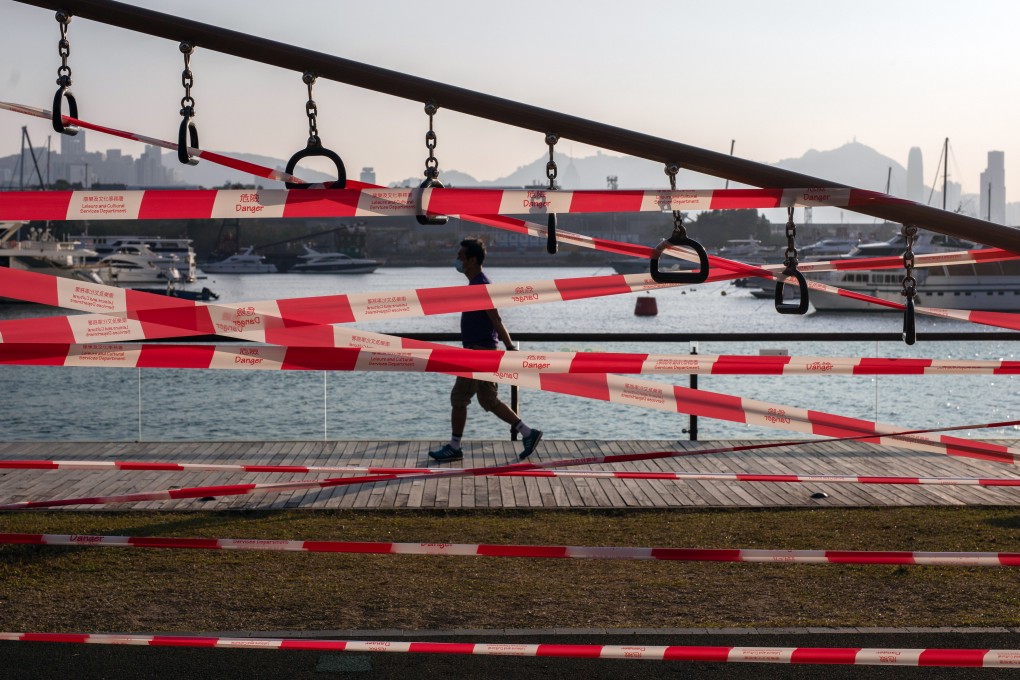Opinion | To beat Covid-19, Hong Kong must execute ‘dynamic zero infection’ strategy as intended
- Even with mainland support, Hong Kong will struggle to bring coronavirus infections under control if it takes a half-hearted approach to “dynamic zero-Covid”
- Reluctance to pursue more stringent measures for fear of backlash will only prolong the outbreak and put many more vulnerable lives at risk

The highly infectious Omicron was first discovered in South Africa in late 2021 and declared a “virus of concern” by the World Health Organization on November 25. Its spread to other parts of the world, including Hong Kong, was not unanticipated. But the exponential rate at which it has exploded nevertheless caught our city off guard.
For months, questions have been raised as to why Hong Kong cannot “live with Covid” like its rival city Singapore, and lift its harsh social distancing restrictions and curbs on international travel. As experience in many parts of the world shows, achieving zero infection is impossible. At the rate Covid-19 is spreading, by the end of April Hong Kong may be on the way to achieving herd immunity, they say. So why not lift all curbs and wait for the virus to peter out?
This argument ignores the tremendous human price our city will have to pay in terms of deaths of the infirm, the old and small children. “Collateral” deaths will arise among uninfected people who could not get treatment in time because of the collapse of the health care system.
